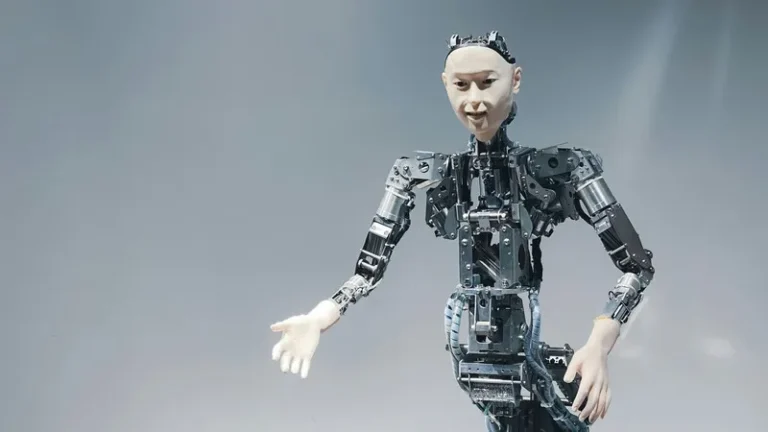The term "enshittification" may not be part of mainstream sociological vocabulary, but it captures a phenomenon deeply embedded in contemporary socio-economic structures. It refers to the degradation of services, platforms, and products over time as they prioritize profit maximization at the expense of user experience and value. This process is particularly visible in the technology sector, where companies initially offer high-quality services to attract users, only to progressively degrade these services by introducing intrusive advertisements, reducing functionality, or prioritizing paying customers. Understanding enshittification requires an exploration of several sociological concepts, including commodification, neoliberalism, and the dynamics of power and control in capitalist societies.
Commodification and the User Experience
Commodification, a core concept in Marxist theory, describes the process by which goods, services, and even social relationships are transformed into commodities. In the context of enshittification, digital platforms and services initially provide high value to users for free or at a low cost. This strategy aims to build a user base and generate network effects, where the value of the service increases as more people use it. However, once a critical mass of users is achieved, these platforms begin to commodify the user base itself.
The shift towards commodification is marked by changes in the business model of these platforms. Advertisements become more pervasive, user data is monetized, and features that were once free are locked behind paywalls. The initial promise of user-centric value gives way to a model where the primary goal is to extract as much value as possible from the user. This transformation is a classic example of Marx's concept of the commodity fetishism, where the social relationships between users and the platform are masked by the focus on profit and revenue generation.
Neoliberalism and Market Rationality
The process of enshittification can also be understood through the lens of neoliberalism. Neoliberalism, a political and economic ideology that gained prominence in the late 20th century, emphasizes deregulation, privatization, and the primacy of market forces. Under neoliberalism, market rationality dominates, and the primary goal of any enterprise is to maximize shareholder value.










